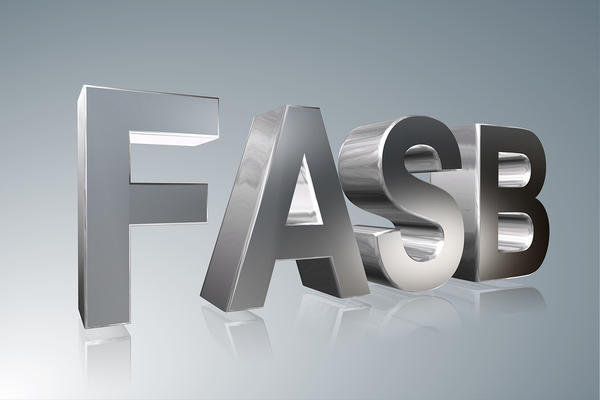The Financial Accounting Standards Board (FASB) approved new rules on July 20 that will require companies to disclose information about the key terms of supply chain finance programs.
The FASB will likely issue the new standard, Accounting Standards Update, Liabilities—Supplier Finance Programs (Subtopic 405-50): Disclosure of Supplier Finance Program Obligations, sometime this fall, the Wall Street Journal reported last week.
Supply chain finance is an arrangement between a supplier and a buyer in which the supplier can receive early payment on their invoices. These transactions are also commonly known as reverse factoring, payables finance, or structured payables arrangements.
The process, according to supplier solutions provider Taulia, goes something like this:
- Buyer purchases goods or services from the supplier.
- Supplier issues their invoice to the buyer, with payment due within a certain number of days (e.g., 30 days, 60 days, or 90 days).
- Buyer approves the invoice for payment.
- Supplier requests early payment on the invoice.
- Funder (usually a bank) sends payment to the supplier, with a small fee deducted.
- Buyer pays the funder on the invoice due date.
However, the FASB heard from stakeholders about there being a lack of transparency in supplier finance programs because there are no explicit disclosure requirements in GAAP for those arrangements, and a buyer could present obligations covered by those programs in the same balance sheet line item as accounts payable or in another balance sheet line item depending on the facts and circumstances of the arrangement.
Under the new standard, which was proposed last December, companies that are the buyers in the arrangement will have to disclose a general description of the payment terms on their balance sheet, such as the payment timing and how it was determined, as well as the assets pledged as security or other forms of guarantees provided for the payment to the bank or other third-party funder.
In addition, companies will have to provide a “roll forward” amount, the invoiced amount they have yet to pay under the program, at the end of the reporting period.
The FASB decided that public companies should adopt the amendments in the final ASU, except for the amendment on roll-forward information, for fiscal years beginning after Dec. 15, 2022, including interim periods within those fiscal years, and the amendment on roll-forward information for fiscal years beginning after Dec. 15, 2023. The board also decided that all other entities should be subject to the same effective dates as those for public companies. Early adoption will be permitted.
Thanks for reading CPA Practice Advisor!
Subscribe Already registered? Log In
Need more information? Read the FAQs




